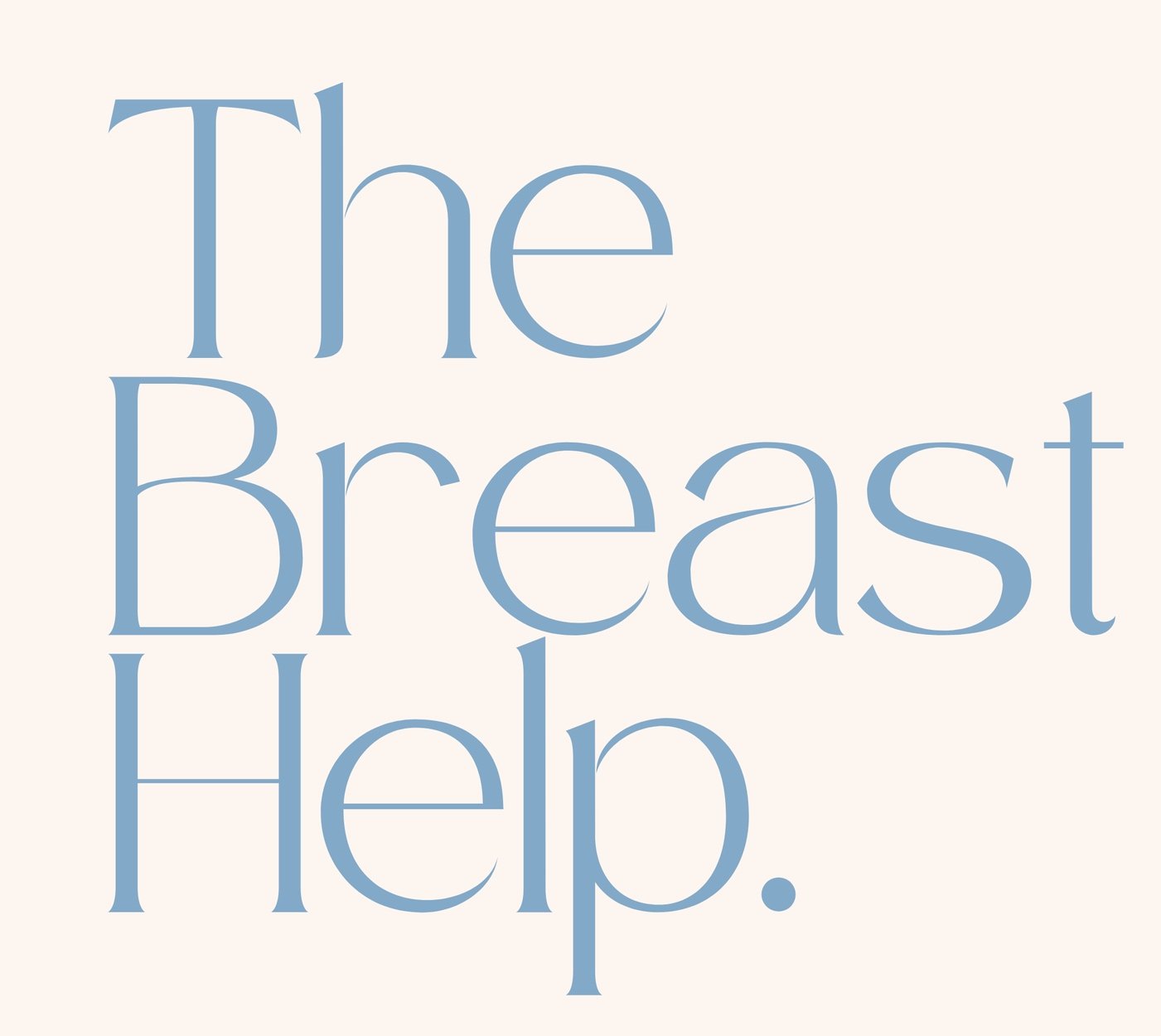How to Increase Your Milk Supply Naturally
Breastfeeding is a journey that can come with its challenges, and one of the most common concerns new parents have is whether they’re producing enough milk. If you're worried about your supply, know that you’re not alone, and the good news is that there are effective, natural ways to support and boost milk production.
The key to a good milk supply is frequent and efficient milk removal, whether through breastfeeding or pumping. Here’s what you need to know to optimise your supply and feel more confident in your breastfeeding journey.
1. Breastfeed Frequently
Milk production works on a demand and then supply basis: the more often your baby feeds, the more milk your body will make. Aim to breastfeed at least 8 - 12 times in a 24 hour period, including overnight. Newborns especially need frequent nursing to stimulate production and establish a strong supply.
Tips for Frequent Breastfeeding:
Offer the breast whenever your baby shows hunger cues (rooting, sucking on hands, fussing).
Allow your baby to breastfeed as long as they need, ensuring they stimulate both breasts well.
If your baby is sleepy, try gentle stimulation (tickling their feet or changing positions) to encourage more effective feeding.
2. “Empty” Breasts Are Working Breasts
Many parents worry when their breasts feel soft, but soft breasts are working breasts! Feeling full for extended periods signals your body to slow down milk production. Instead, frequent emptying encourages ongoing demands for your body to boost your milk supply.
How to Avoid Decreased Supply Due to Full Breasts:
Offer your baby the breast often, even if they only nurse for short periods.
If your breasts feel full and uncomfortable between feeds, consider hand expressing or pumping to relieve pressure. Or offer your baby the breast again!
3. Pump After Feeding for Extra Stimulation
Adding a breast pump into the mix can trick your brain into making more milk. If your baby feeds, and then the pump is used your brain will read that demand and respond with added milk. Pumping can be a useful tool to increase supply, especially if your baby isn’t emptying the breast completely. Try pumping for 5 - 10 minutes after a feed to give your body an extra signal to make more milk.
Tips for Pumping Effectively:
Use a high-quality hospital grade electric pump with properly fitted flanges.
Pump after morning feeds when supply is naturally higher.
Try gentle breast compressions - massaging the breast while pumping - adding to the stimulation in hopes to extract more milk.
4. Offer Both Breasts at Each Feed
Encouraging your baby to feed on both breasts helps ensure balanced milk production. Let your baby finish the first breast before switching to the other.
How to Encourage Full Feeds:
Allow your baby to breastfeed actively on one breast before offering the second.
Use breast compressions to help your baby get more milk during a feed.
If your baby tends to favour one breast, start feeds on the more challenging side.
5. Try Power Pumping
Power pumping is an effective technique that mimics cluster feeding to boost supply. It involves pumping in a structured way to stimulate production.
How to Power Pump:
Pump for 20 minutes.
Rest for 10 minutes.
Pump for another 10 minutes.
Rest for 10 minutes.
Pump for a final 10 minutes.
Doing this once or twice daily for a few days can help increase supply.
6. Maximise Skin-to-Skin Contact
Holding your baby skin-to-skin can boost milk supply by triggering the release of oxytocin, the hormone responsible for milk ejection. This is especially helpful in the early days or if you’re experiencing supply issues or encouraging your milk to “come in”.
Ways to Increase Skin-to-Skin Time:
Hold your baby against your bare chest during feeds.
Spend time cuddling skin-to-skin after baths or naps.
Use a baby carrier with an open chest design to allow skin contact throughout the day.
7. Support Your Body with Proper Nutrition & Hydration
Your body needs at least 500 calories more than your pre-pregant demands during your breastfeeding journey. Extra energy and nutrients are needed to sustain milk production and ensure no nutrient depletion is felt by you. Eating a well-balanced diet and staying hydrated can help support a healthy supply.
Breastfeeding-Friendly Nutrition Tips:
Drink plenty of water. Aim for at least 2 - 3 litres per day.
Eat a variety of nutrient-dense foods, including healthy fats, protein, and complex carbs.
Include lactogenic foods like oats, flaxseeds, and leafy greens.
Limit caffeine and alcohol, which can impact hydration, nutrition and your let-down reflex.
8. Reduce Stress & Get Rest When Possible
Stress and exhaustion can negatively impact milk supply by interfering with oxytocin release. While it's easier said than done, finding ways to relax and rest is crucial for maintaining milk production.
Simple Ways to Reduce Stress:
Practice deep breathing or mindfulness during feeds.
Accept help from friends and family for household tasks.
Try laid back feeding in a quiet, comfortable space to promote relaxation and comfort for yourself.
9. Seek Support if Needed
If you’re struggling with milk supply or breastfeeding challenges, don’t hesitate to seek expert guidance. An IBCLC lactation consultant or midwife can assess your feeding technique, address underlying concerns, and offer personalised support.
When to Seek Help:
If your baby isn’t gaining weight appropriately.
If breastfeeding is painful or uncomfortable.
If you suspect issues like tongue tie or poor latch.
If you feel like you need some knowledgeable assessment or reassurance.
Increasing milk supply takes time, patience, and the right approach.
By returning your baby to the breast or pumping frequently, keeping your breasts stimulated, prioritising skin-to-skin contact with your baby, and supporting your body with good nutrition and rest, you can create the best conditions for a healthy and abundant milk supply.
If you're facing ongoing breastfeeding concerns, reach out to a lactation consultant or midwife for expert support. Remember, every breastfeeding journey is unique, and you’re doing an amazing job providing for your baby!
Need help or reassurance with your breastfeeding? Book a breastfeeding consultation with Harriet here.



